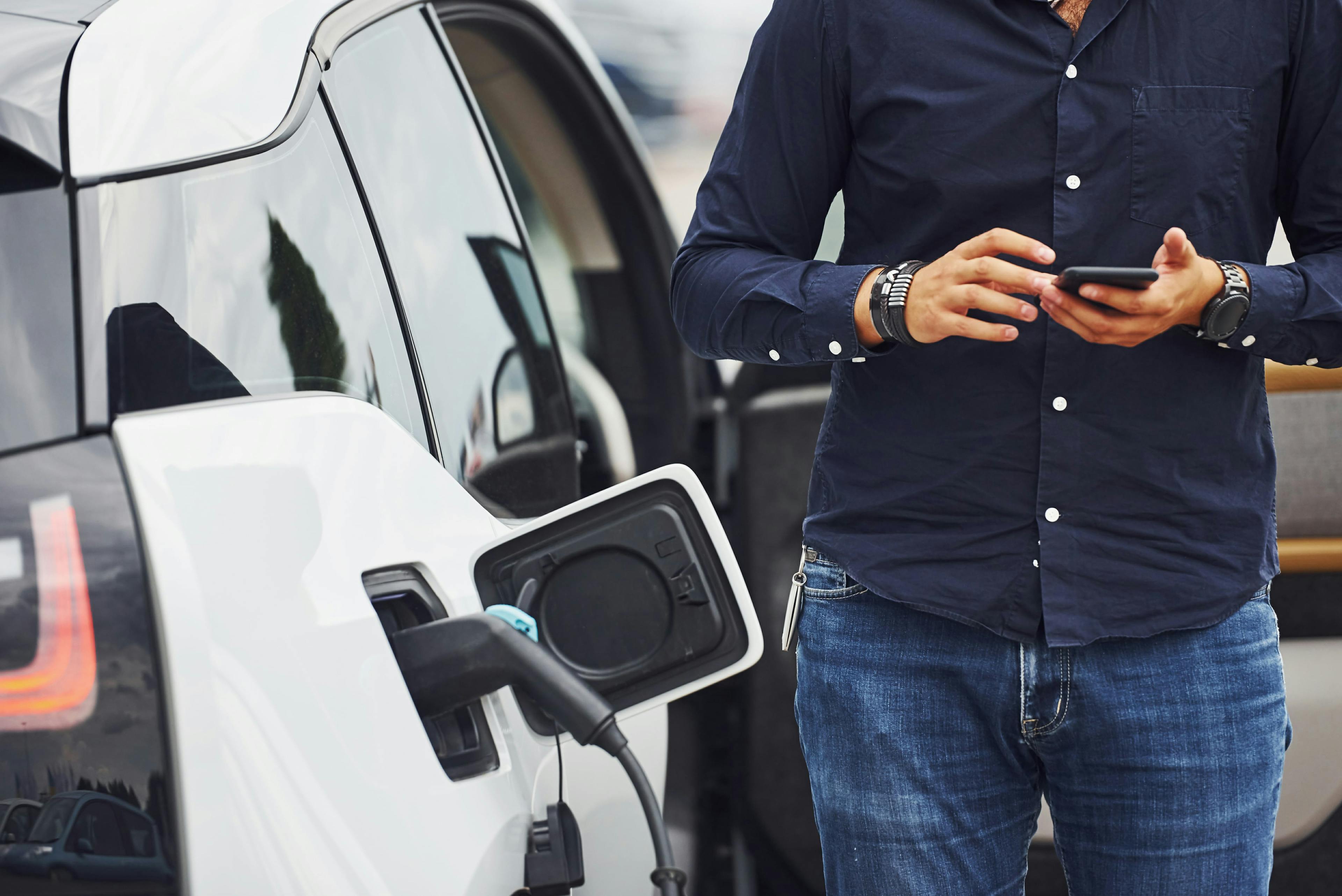
How Far Can an Electric Car Go?
Find Out How Far The Average Electric Car Can Go
A key consideration of owning an electric car (EV) is the range. This is the distance it can travel between charges.
In the past, there was a lot of ‘Range Anxiety’. Drivers feared their EVs wouldn’t have enough battery power to get them to their destination. Many still cite this as a reason not to buy an electric car.
Fortunately, battery technology has advanced since the early days of electric cars, and they now go further than ever on one charge. This makes them a very viable option for many drivers.
Find out below how far electric cars can go, both in manufacturer tests and in the ‘real world’.
How Far Can an Electric Car Go on Average?
According to data from NimbleFins, the average range of an electric car in 2022 was 212 miles. Their data also showed that the average driver covered 142 miles a week in 2019. This means that an electric car has enough range to cover the average weekly mileage, with options to recharge the batteries during the evening or at the weekend.
However, electric car batteries are affected by cold weather, so your car may travel further in the summer than in the winter. On top of that, luxury electric cars travel further on average than non-luxury models and you may see a higher average mileage if you drive more in urban areas vs driving on the motorway.
This is because you’re less likely to use ‘regenerative braking’ on the motorway. This system helps to recharge the battery while you drive along, increasing your range at low speeds.
Luxury electric cars are usually the more expensive models (Mercedes, Audi, Porsche, Jaguar, Tesla etc) while non-luxury cars are usually more affordable for the common driver (Volkswagen, Vauxhall, Nissan, Hyundai etc).
The following data is from NimbleFins.
Cheapest Electric Cars - Typical Battery Size of 40.1 kWh and 148 miles Real Life Range
Non-Luxury Electric Cars - Typical Battery Size of 48.7 kWh and 175 miles Real Life Range
Luxury Electric Cars - Typical Battery Size of 81 kWh and 262 miles Real Life Range
Tesla Cars - Typical Battery Size of 70.6 kWh and 273 miles Real Life Range
Overall - Typical Battery Size of 62.6 kWh and 212 miles Real Life Range
As of January 2024, electric cars are able to travel further, on average, than before. According to our data, the average range of an electric car now stands at 263 miles.
How Far Can an Electric Car Go on a Full Charge?
You would think that a ‘full-charge’ equated to charging the battery to 100%. However, most manufacturers recommend only charging the battery to 80%. This helps to increase its lifespan.
Due to the way electric car batteries work, it is not easy to calculate the range of 100% battery capacity. If the average range with just 80% battery capacity is 193 miles, in theory, you travel 2.4 miles for every 1% of battery power used.
With an additional 20% of battery capacity, that would equate to another 48 miles. This would mean that the maximum mileage the average electric car could cover is 241 miles. However, 'regenerative braking' helps to recharge the battery as you drive along, so this isn't an accurate conclusion. As well as this, you should never run the battery down to 0%.
As it is almost impossible to work out how many miles an electric car can travel with 100% capacity, it is much more accurate to rely on the average figure of 193 miles. But that doesn't mean it is the best reflection of 'real-world' driving.
How Many Miles Can an Electric Car Actually Go Between Charges?
Generally, range figures released by manufacturers aren’t achievable. They are known as WLTP (Worldwide Harmonised Light Vehicle Test Procedure) mileages, rather than realistic ‘real-world’ mileages. As a result, many cars are unable to reach their official WLTP figures.
In a 2021 WhatCar test, the average shortfall between the actual and expected range of different electric cars was 13.4%. The highest was the Fiat 500’s 29.1% shortfall compared to just 3% difference for the Porsche Taycan.
Therefore, if we take the 193-mile average range and deduct the 13.4% shortfall (to account for WTLP data usage), you get an average range of just over 167 miles. While this still should be enough to last the average weekly mileage, the figure can also be affected by your driving style, the type of roads you use and the condition of your car.
Nevertheless, most electric cars are able to go far enough on one charge to cover most regular journeys for the average UK driver. What's more, charging points are becoming more widespread and are easy to use.
Read More
Which Electric Car Has the Longest Range? (2024)
Find out which electric cars best suit your needs by discovering the estimated range capacity of each model available in the UK.
How Long Does it Take to Charge an Electric Car?
If you regularly drive long distances, and range is a key consideration for you when buying an electric car, find out how long they take to charge in different settings here.
How to Drive an Electric Car
If you want to get the most out of an electric car, you need to drive it in a slightly different way than you would an ICE. Regenerative Braking is a key aspect - and it can extend your car's range if you use it properly. Learn more about how to drive an EV in this guide.
3 Things You Need To Know About A Portable Electric Car Charger
If you want your electric car to go further, a portable electric car charger can be exactly what you need. We discuss some of the biggest electric car charger companies and the portable chargers they sell in this handy article.